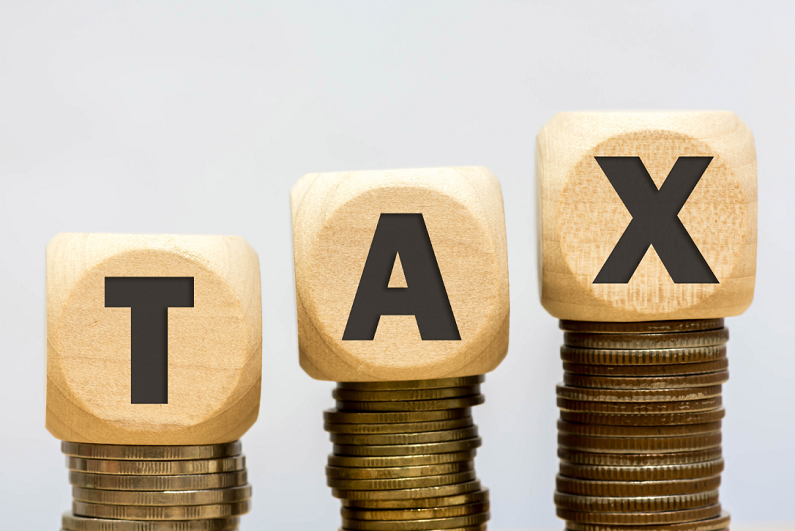Jul 10, 2019 Mr Chapman said if somebody living in Australia wins a lottery they are able to enter overseas, like the MegaMillions, they will still not be taxed on their winnings as Australian tax laws still.
- Whether a person gambles online or in a physical casino in Australia, the winnings are not taxed. However, Casinos are not off the hook when it comes to paying taxes in Australia either, and on top of paying taxes, they must also pay license fees. The tax laws and licensing fees are different in each state, at any rate, they do not.
- The evidence showed that he had from his youth a simple passion for gambling on a large scale and 'merely indulging that, without more, is not engaging in a business'. The Court added that gambling which involves a significant element of skill is more likely to have tax consequences than gambling on merely random events.
Wed, Jun 27, 8:10pm by William Brown
Last Updated Wed, Jan 8, 7:06am
Australia has one of the highest rates of gambling in the world, with more than 80 per cent of Australian adults engaging in gambling of some kind. This includes four per cent of the adult population who play poker machines once a week. Traditionally, gambling has been legislated at a state and territory level, rather than by the federal government. There are numerous Acts in each region that outline information about gambling tax laws and regulations.
Paying Tax On Gambling Winnings Australia

History of Gambling Tax Legislature
In Australia, the winnings from gambling are not taxed. This is for three reasons.
Gambling is not recognised as a profession in Australia. It is regarded as a hobby or recreational activity. The Australian government has come to an agreement that the gains from gambling activities are often the result of good luck, not hard work.
Even if someone wins big, many people also lose a lot in other gambling sessions. Skilled professional gamblers, such as poker players, who could argue their winnings are the result or skill instead of luck, haven’t been asked by the government to pay taxes on their winnings.
If the player decided to register themselves as a business though, they might be required to pay tax. If the player received sponsorships, endorsements and other gains because of their professional gambling career, then this would be taxable.
Who Pays The Gambling Tax in Australia?
The main reason behind the lack of taxation on gambling winnings is that the gambling operators are taxed instead. This taxation differs between the regions.
There are taxes on the turnover amount, on player loss and on net profit. As such, gambling operators need to obtain a license to offer their services, with certain fees paid during the development of the operation. The operators’ requirements to pay tax differ based on where they are operating and what form of gambling is offered.
For example, in the state of New South Wales, tax on electronic gaming machines in casinos is between 16.41-38.91 per cent of gross revenue, depending on the gross revenue.

This is different to the state of Victoria, where the tax is 31.57-51.57 per cent of gross gaming venue.
What are the Online Gambling Tax Rules in Australia?
In Australia, the Interactive Gambling Act (2001) governs the rules and laws about online gambling. This is a national law and was passed by the Australian Parliament on June 28, 2001. The Act is targeted at online gambling operators, making it an offense for them to offer ‘real-money’ online interactive gambling to residents in Australia.
That hasn’t done much to stop Australian’s spending big online, with $800 million spent by 2010. Accessing and using interactive gambling services is not an offence in Australia. It is also permitted for companies based in Australia to offer their services to gamblers located outside Australia, with the exception of those countries that were called ‘designated countries’. Australian punters benefit from not having to pay tax on their gambling winners, but when online gaming is concerned, there aren’t many Australian providers.
Casino Winning Tax Laws
Since few are based in Australia, there is a foreign transaction fee that users will have to pay to make a deposit or withdrawal. This is dependent on what kind of banking method you use.
For example, Mastercard and Visa will always charge a foreign transaction fee, whereas Skrill, won’t charge one. There is also the issue of currency conversion to be aware of and some of the best casinos available might not offer the option to play in the Australian dollar.
Taxes On Casino Winnings
Do Players Have to Pay Any Gambling Tax in Australia?
In Australia, it is the gambling operators that are charged tax, not the players. The amount of tax the operators pay depends on the type of game and the location of the poker machines or casinos.

Do You Have To Pay Tax On Casino Winnings In Australia
There is no tax to pay for online Australian players either, despite a few online Australian casinos in operation.
Tax On Gambling Winnings Australia
The only fees or charges a player might encounter when playing an online casino could be fees to withdraw or deposit money into international casino sites or when converting the Australian dollar into the website’s preferred currency.